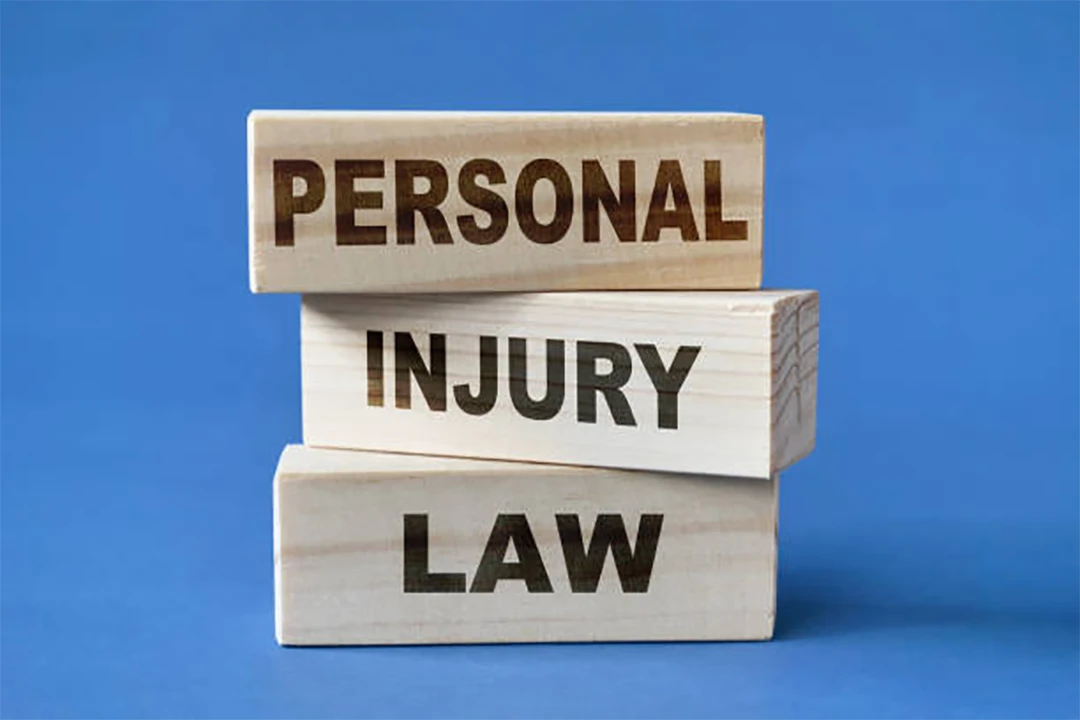
Dealing with the aftermath of an injury can be frustrating and emotionally draining – not to mention painful. However, it’s important to take note of some common pitfalls so you can improve your chances of a favorable outcome.
Whether you’ve been hurt in a car accident, a place of business, on private property, or at work, beware of the following potential mistakes that can limit or prevent you from getting properly compensated.
1. Thinking you can’t ask for an unreasonable settlement
In personal injury lawsuits, there’s something called the “anchoring effect” that impacts the final settlement amount. When a plaintiff makes an initial demand that seems a little unreasonably high, it typically results in a higher final settlement than cases that begin with a more modest demand. When negotiating a settlement for a personal injury case, the first number serves as an anchor for negotiations. If your initial demand isn’t high enough, you’re likely to get a lower settlement.
When you hire a lawyer, you don’t have to manage any negotiations because they’ll do everything for you. Personal injury attorneys are expert negotiators and will fight hard to get you the money you deserve.
2. Losing track of the statute of limitations
Don’t let time slip by if you plan to file a lawsuit. There is a limited window of time in which you can file your lawsuit. Every state has a statute of limitations that determines how long you have to file from the date of your injury. For example, in South Carolina, the time limit is typically three years, with some exceptions.
Workers’ compensation claims and claims against government entities are typically limited to two years, and there are additional exceptions for medical malpractice, injuries to minors, and situations where the defendant is out of state or can’t be located.
3. Believing you need to go to trial to get fair compensation
If the idea of facing a jury in a trial makes you uneasy, don’t worry because you probably won’t go to trial. Most personal injury cases settle out of court, and less than 5% end up in a jury trial. Trials are time-consuming, expensive, and risky for all involved. Although juries are known to hand down huge financial awards, they can be quite unpredictable. And massive settlements are often reduced by a judge anyway.
You don’t need to have a trial to get fairly compensated for your injuries. You just need a solid case, a skilled, experienced attorney, and some patience.
4. Thinking self-representation will give you the best defense
Perhaps the biggest mistake some people make when pursuing a personal injury lawsuit is thinking they’ll get the best defense by representing themselves and skipping the attorney.
Appearing pro se in the courtroom might seem like a viable option, and it is your constitutional right. However, it comes with a host of challenges most people don’t overcome. For example, it’s tough to negotiate anywhere near a fair settlement when you don’t have experience negotiating personal injury settlements.
Settlement negotiations involve more than just going back and forth to negotiate a settlement amount. You need to know what your case is worth to begin calculating the damages, and be able to project the cost of future medical care, lost wages, reduced earning capacity, and non-economic damages, like pain and suffering. When you have an attorney, they’ll consult with experts to properly value these factors.
Another potential issue is the opposition will have plenty of tactics up their sleeve to minimize your payout, and you won’t know how to respond to get what you want. For example, they might present recorded statements to diminish your claim or delay the proceedings until certain deadlines pass. If you don’t have the experience to know what’s going on, you’ll be left in the dust.
5. Not filing paperwork on time
No matter how valid your reasons are for not filing paperwork on time, no court will make an exception they aren’t legally required to make. You must file all paperwork on time or you’re at risk of getting your case dismissed.
Protect your legal rights with an attorney
Getting a favorable outcome for your case requires having professional guidance from a good lawyer. Most pitfalls can be avoided by hiring legal counsel rather than trying to represent yourself. Remember that every action you take from the moment you experience your injury can impact the outcome of your case, so stay vigilant, get a lawyer, and listen to their advice; they will support you every step of the way.

